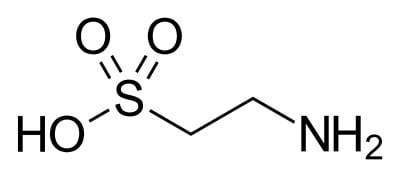Nelson Vergel
Founder, ExcelMale.com

“Cells have sensor mechanisms that let them compensate for changes in their osmotic environment,” says corresponding author Atsushi Asano, an assistant professor of the University of Tsukuba. “Without these compensatory sensors, cells would experience excessive volume changes leading to a ruptured membrane or other morphological problems. This type of sensor is fairly common in cells, but we were surprised to find one that plays a significant role in the function of sperm cells.”
Previously, it was found that male mice lacking cysteine dioxygenase (CDO) are infertile. CDO is a protein known to make the amino acid taurine, which in turn is known to play a role in osmosis. While these facts are not new, the precise role of CDO and taurine in fertilization has been a long-standing controversy.
In the study, the researchers confirmed that male mice missing CDO are indeed more likely to be infertile compared with their healthy counterparts—over 10 times more likely, in fact. They also found taurine levels dropped dramatically in the sperm cells of these mice. This suggested a clear link between the two defects, but was a conundrum in these findings: sperm are unable to make proteins, including CDO. How, then, were the sperm obtaining the taurine that was so critical to their function? The team discovered that, rather than making their own taurine, the sperm cells absorbed taurine while passing through the male genital tract."
Source
More on Taurine
Taurine - Worth Taking?
Taurine lessens nandrolone (Deca Durabolin) side effects?
Taurine in energy drinks: What is it?
















